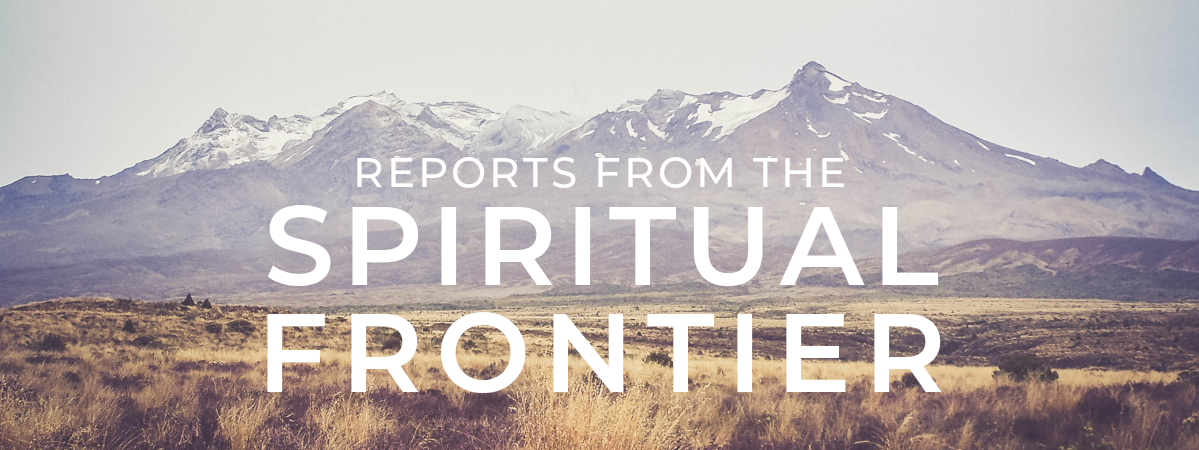
For most of my life I have been a church geek.
I devoured books on theology, worship, liturgy, biblical hermeneutics, ecclesiology, the mechanics of church growth, coaching, et. al, et. al, and et. al with passionate abandon. It was my unfortunate habit, as my long-suffering wife would tell you, to read a book and then get so excited about a passage that I’d run downstairs, interrupt her in the middle of whatever she was doing, and read it to her.
When the Vine ended nearly two years ago, I figured that, once the dust had settled, I could blend my prodigious book-appetite and my hard-won wisdom into something that the experts called a “platform”, which, if I got it high enough, would allow me to shout my opinions loud enough that other people would hear. (After all, I happen to have many opinions, even very strong, well-informed ones on most of the hot, re-shareable topics that dominate church culture nowadays: denominational politics, the spirituality of the nones, the mechanics of connecting with your community, et al., et. al., and et. al.)
With my lovely little podcast starting to grow a little bit, and the 101 mechanics of social-media platform building now learned, I was pretty sure that I was just a consistent writing routine away from my new media career as the “Spiritual Frontiers Guy” beginning in earnest.
I’m giving yet another go at regular blogging, thanks to the encouragement of my old writing group back in Massachusetts.
As I sat down to write, you might therefore imagine my surprise to discover that my passions have been entirely rearranged.
I’ve brainstormed. I’ve made lists of hot takes (okay, not hot, but at least pleasantly warm takes) on sharable issues, combed my archives for pieces that I could dust off, left behind a trail of draft posts abandoned two paragraphs in, had countless pep-talks while walking telling myself, “You can do this!” or “You want to do this! (Right? Right?)”
And despite all that, I can’t seem to manage more than a few idle sparks on the issues that have set me on fire for the last half of my life.
It’s rather like waking up in your house, only to discover, when attempting to plop into one’s favorite armchair, that someone replaced all the furniture overnight, and you’re pretty sure that the old stuff isn’t coming back.
And, in it’s place, I find new things that fascinate me:
The island where I live: the singing of the trees when I walk the dog in the morning, and the cast of utterly memorable characters that inhabit this place.
My boy, and the revelations of fatherhood.
The love of God and the quest, in the words of one Desert Father, to “become all flame.”
Re-discovering my own little long-forgotten wells of joy.
The thoughtfulness of the people who are still out on those spiritual frontiers that I have left.
The ways that the goodness of my friends, especially my non-Christian ones, have taught me about the goodness of God.
The thousand small ways that people find to create beauty and show kindness to one another; and the ways that life springs up in the most unlikely places (even churches.)
It feels as if God is forcibly ejecting me from my church bubble, saying, “Look! Can you see that there’s *so much more* to life?”
I’m not a church geek anymore.
What am I now? Who knows. Maybe I’ll write my way there.


